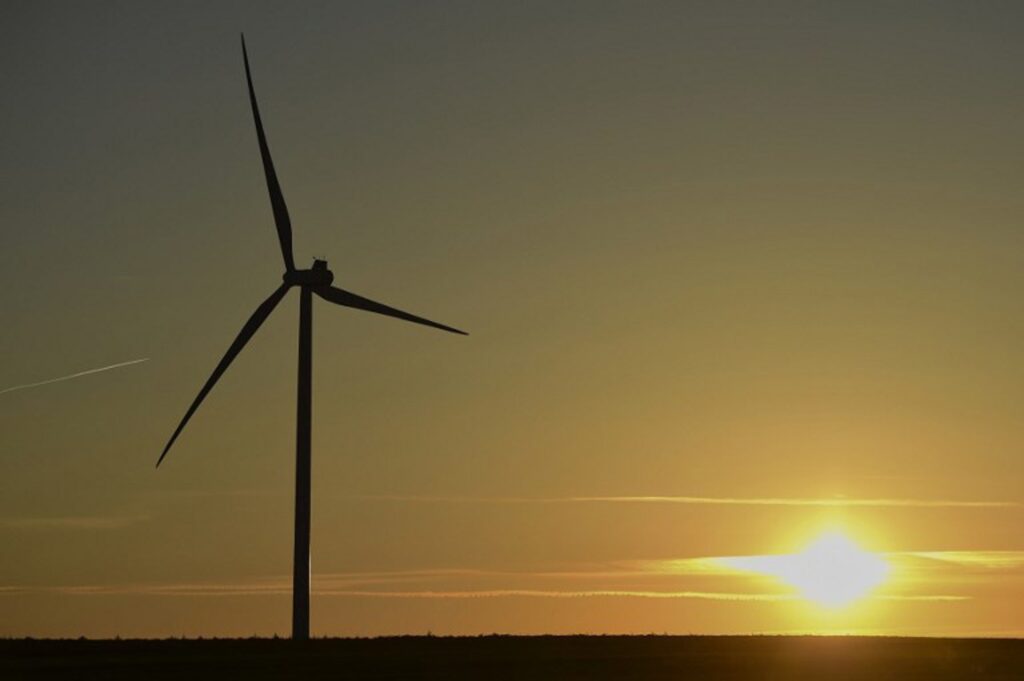Green party Ecolo has argued that 100% renewable and nuclear-free energy is the most cost-effective way to achieve carbon neutrality by 2050, citing a study conducted by the EnergyVille consortium.
The study considered four scenarios, all of which include a mix of onshore wind and solar power. This involves either an additional 16GW of offshore wind (on top of an already planned 8GW), small modular reactors (SMRs), or behavioural changes in industrial practices and housing and mobility habits.
Although Ecolo is open to three of the four scenarios, they favour the 'Shift' option, which is based on the idea that the cheapest and least polluting energy is that which is not consumed.
In the transport sector, the 'Shift' scenario suggests reducing the portion of passenger transport by cars from 71% to 55%. The same scenario posits a similar modal shift for goods transport – mainly transferring some road transport (from 64% to 54%) to waterborne freight transport (from 14% to 28%).
In regard to the building sector, the study takes into account the optimisation of living and workspaces and an average reduction of indoor temperatures by 1°C. These two trends are already in process.
In the industry sector, changes prompted by circular economy models appear in the form of optimised product design, increased resource efficiency, and reuse and recycling.
'Renewables possible and more affordable'
In all cases, the study found that nuclear power is the most expensive option: it would cost €315 billion to install 45 SMRs by 2050 compared to €185 billion for the preferred 'Shift' scenario. The base scenario, largely relying on onshore wind and solar power (including the planned 8GW of offshore wind in the North Sea), would cost €214 billion, while adding an extra 16GW from offshore wind would cost €211 billion.
"If we want to reach carbon neutrality by choosing the cheapest scenario, we must turn to 100% renewable energy. What was already more than intuition for us is now academic truth: renewable energy combined with consumption reduction is clearly the cheapest scenario," said Ecolo co-chair Jean-Marc Nollet. "Since 100% renewables is not only possible but also more affordable, why would we deprive ourselves of it?"
Related News
- 'Mission accomplished': Belgium signs off its nuclear energy future
- Belgians are in favour of nuclear energy, survey shows
- Renewable energy production broke records in Belgium last year
One of the major projects of the last legislature was the ten-year extension of the Doel 4 and Tihange 3 reactors beyond 2025. Many parties believe that Belgium must go further and focus on new-generation nuclear power.
The "Vivaldi" government has invested €100 million in SMR technology. Prime Minister Alexander De Croo (Open Vld) will co-chair a nuclear summit in Brussels on Thursday, in which he will emphasise the need to include nuclear power in the energy mix in order to achieve carbon neutrality – an idea which Ecolo refutes.
The EnergyVille consortium, based in Genk, is a collaboration between KULeuven, Vito, Imec, and UHasselt, bringing together 400 researchers.

